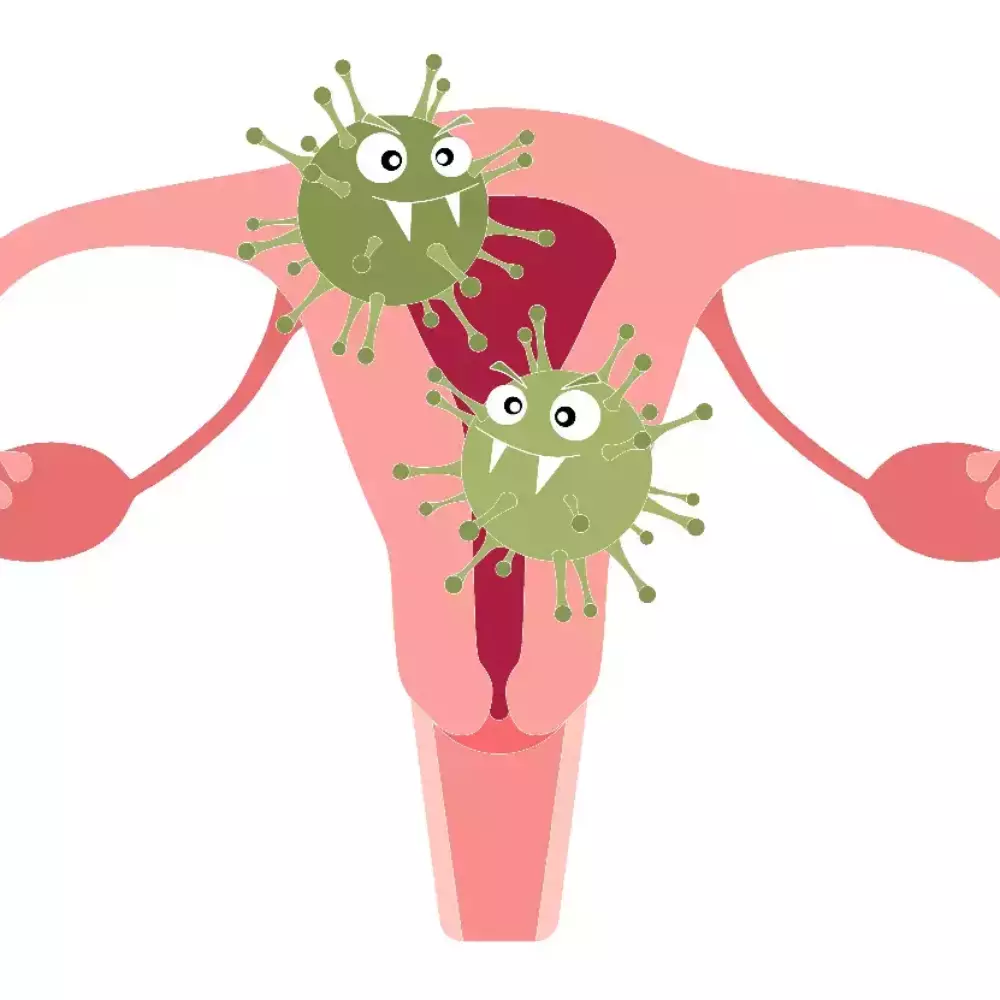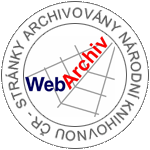Puerperal sepsis
Postpartum sepsis is an acute condition in obstetrics. It is a systemic response to inflamation associated with pregnancy and labour. It is crucial to promptly recognize and adequately treat the situation as the patient's life is at risk. Primarily, this involves the timely initiation of empirical antibiotic therapy. However, due to standard gynecological care in the Czech Republic, this condition is relatively rare. Nevertheless, overlooking it in diagnosis could have fatal consequences.
Review
Postpartum sepsis is a serious condition that needs to be recognized and treated promptly. The algorithm clearly presents the real-life situation of a patient with typical issues and guides the resolver to the correct solution. It follows recommended procedures with an emphasis on the early initiation of antibiotic therapy and interventions to stabilize the critical condition. Furthermore, the algorithm addresses related complications such as postpartum hemorrhage or breastfeeding during antibiotic therapy. By completing the algorithm, the resolver will gain an understanding of sepsis related to pregnancy, the correct procedures for diagnosis and treatment.
Sources
Shields, Andrea D., Lauren A. Plante, Luis D. Pacheco, a Judette M. Louis. „Society for Maternal-Fetal Medicine Consult Series #67: Maternal Sepsis". American Journal of Obstetrics and Gynecology 229, č. 3 (září 2023): B2–19. https://doi.org/10.1016/j.ajog.2023.05.019.
Lissauer, D, J Cheshire, C Dunlop, F Taki, A Wilson, Jm Smith, R Daniels, et al. „Development of the FAST-M Maternal Sepsis Bundle for Use in Low-Resource Settings: A Modified Delphi Process". BJOG: An International Journal of Obstetrics & Gynaecology 127, č. 3 (2020): 416–23. https://doi.org/10.1111/1471-0528.16005.
Evans, Laura, Andrew Rhodes, Waleed Alhazzani, Massimo Antonelli, Craig M. Coopersmith, Craig French, Flávia R. Machado, et al. „Executive Summary: Surviving Sepsis Campaign: International Guidelines for the Management of Sepsis and Septic Shock 2021". Critical Care Medicine 49, č. 11 (listopad 2021): 1974–82. https://doi.org/10.1097/CCM.0000000000005357.
Learning targets
2. The student is capable of promptly responding to the patient`s evoving condition and initiating appropriate therapy
3. The student is familiar with comprehensive preventive care for postpartum patients, preventing the ocurrence of postpartum sepsis.
Key points
2. It is important to hospitalize the patient and initiate empirical antibiotic treatment to prevent the spread of infection.
3. In gynecology and obstetrics, great emphasis is placed on adhering to measures to prevent the ccurrence of this condition.





